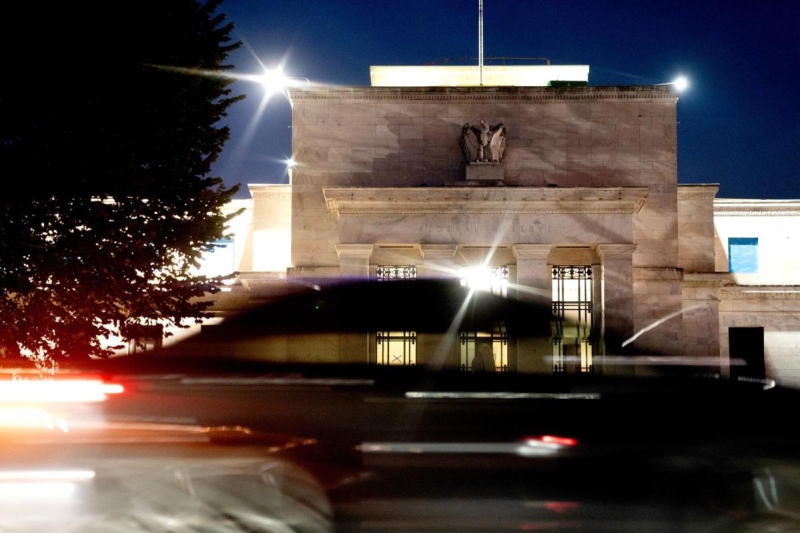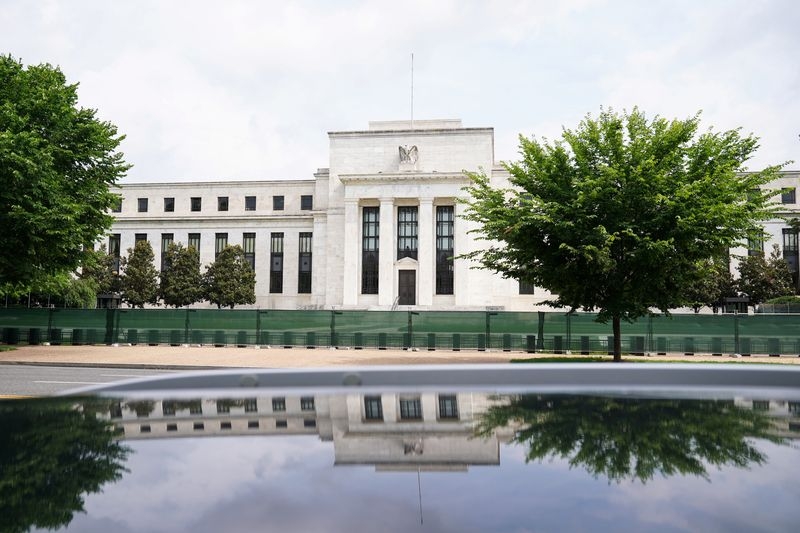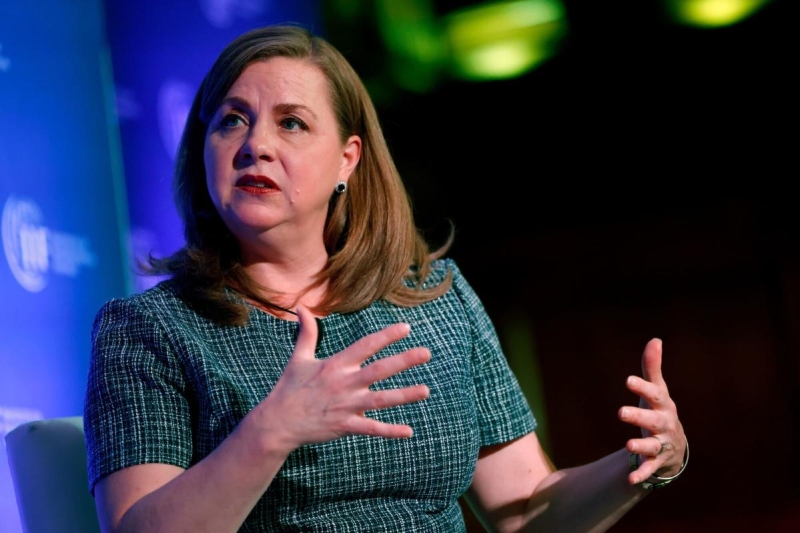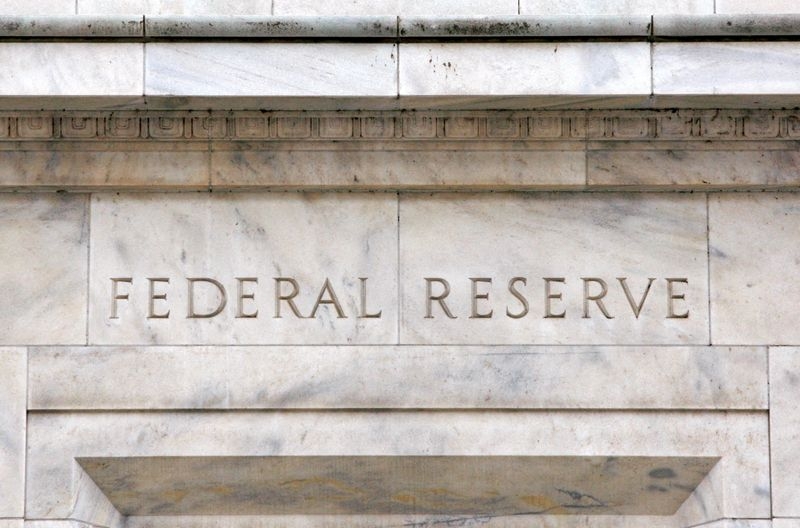
Knowing several religious holidays are coming up soon, employers can take steps to avoid triggering religious discrimination and reasonable accommodation lawsuits. Consistently applying paid time off rules can help to prevent discrimination, retaliation, and religious reasonable accommodation claims.
Quick Hits
- Private and public employers with fifteen or more workers must accommodate reasonable requests from workers to observe religious holidays (pursuant to federal law; however, state law coverage varies and might only require one or more workers).
- Employers may avoid confusion by clearly stating leave policies and company holidays in the employee handbook.
- Employers can use online systems or software to detect patterns in approving or denying requests for leave on religious holidays.
With many religious holidays taking place in the next two months, employers are likely to see many requests for time off for religious celebrations.
Title VII of the Civil Rights Act of 1964 prohibits employers from discriminating against workers for practicing their religion unless the worker’s religious practice cannot reasonably be accommodated without an undue hardship to the business. If a manager approves holiday leave requests from Christian employees, but rejects holiday leave requests from Muslim or Jewish employees, that could raise the risk of religious discrimination lawsuits. Additionally, some states, including California, also prohibit religious discrimination and require reasonable accommodation.
In June 2023, in Groff v. DeJoy, the Supreme Court of the United States ruled that employers cannot legally deny a valid religious accommodation request, unless they can show a substantial burden from a proposed religious accommodation. In Groff, an evangelical Christian postal worker sued the U.S. Postal Service for failing to accommodate his request to not work on Sundays for religious reasons. The Supreme Court held in favor of the postal worker and remanded the case to lower courts.
This decision raised the bar for employers to invoke an undue hardship defense. A de minimiscost is no longer enough to demonstrate an undue burden. If an employee holds a sincere religious belief or practice that conflicts with a workplace policy or staffing schedule, then the employer must engage in an interactive process to see whether an accommodation can be made without substantially interfering with its overall business operations.
Some workplaces, including in the healthcare, hospitality, and transportation industries, require staffing 24/7 every day. In that situation, it may be possible to coordinate schedules so that leave requests can be honored for religious holidays. For example, non-Jewish employees may agree to work during Jewish holidays, and non-Muslim workers may agree to work during Muslim holidays. And, then, those employees might cover gaps in staffing caused by time off for Christian holidays. Compliance with the religious accommodation laws contemplates this type of interactive process and teamwork to find an appropriate solution.
If this type of shift-swapping is not possible or practical, it may be helpful for an employer to document why that is the case.
Next Steps
Employers may wish to review their religious accommodation request procedures, leave policies, scheduling process, and related practices to ensure that managers do not engage in religious discrimination when they approve or deny leave requests. In addition, employers may wish to train managers to apply all of the time off rules consistently.
These holidays are upcoming:
- The Jewish holidays Rosh Hashanah and Yom Kippur fall on October 3, 2024, and October 12, 2024, respectively. Hanukkah will be celebrated December 25 through January 2, 2025.
- The Hindu holiday Diwali falls on November 4, 2024.
- The Buddhist holiday Bodhi Day falls on December 8, 2024.
- The Christian holiday Christmas Day falls on December 25, 2024.
© 2024, Ogletree, Deakins, Nash, Smoak & Stewart, P.C., All Rights Reserved. by: James M. Paul, Charles L. Thompson, IV of Ogletree, Deakins, Nash, Smoak & Stewart, P.C.






